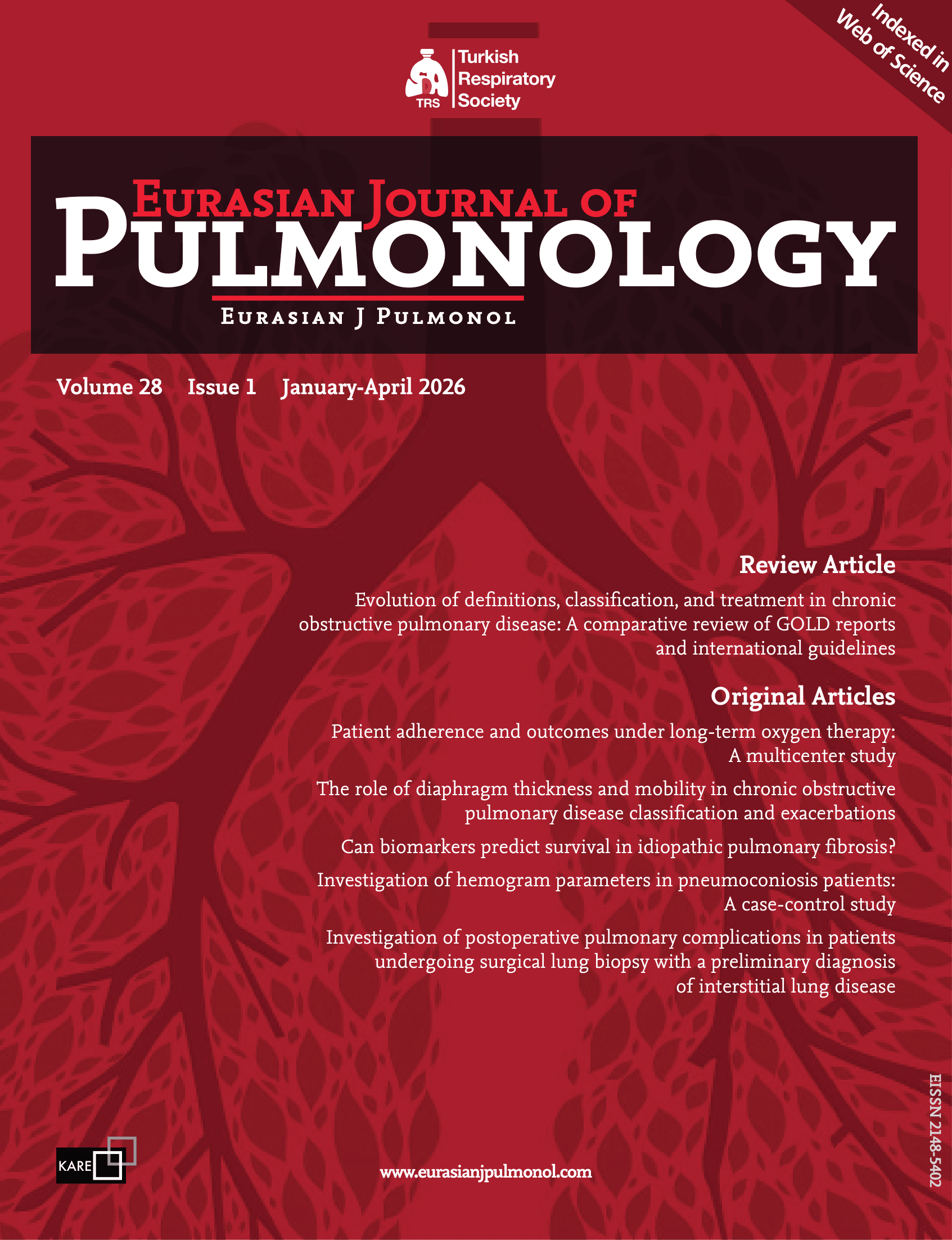2Department of Chest Diseases, Kastamonu State Hospital, Kastamonu, Turkey
Abstract
AIM: This study aimed to determine the sleep quality and the factors affecting sleep quality in patients admitted to the internal medicine outpatient clinic.
MATERIALS AND METHODS: The study was conducted between July 1, 2019, and July 15, 2019, with a face-to-face questionnaire administered to the patients who applied to the internal medicine outpatient clinic of Harran University. A descriptive questionnaire, Pittsburgh Sleep Quality Index (PSQI), and Epworth Sleepiness Scale (ESS) were used in the study.
RESULTS: One-hundred and twelve (48.0%) male and 121 (51.9%) female patients with a mean age of 38.5 ± 16.3 years (18–86 years) were included in the study. The total PSQI mean was 4.9 ± 3.0 and the score range was 0–15. The rate of those with poor sleep quality was 48.9%. The mean score of ESS was 5.0 ± 3.6, and 12 (30%) patients admitted to the outpatient clinic experienced excessive sleepiness during the day. Gender of the participants (P = 0.800), income level (P = 0.113), the size of the house they were living in (P = 0.783), body mass index (BMI) (P = 0.491), and comorbid diseases (P = 0.803) did not affect the sleep quality; the number of people living in the same house affected the sleep quality (P < 0.001). It was found that those with a high BMI (≥30) had significantly worse sleep quality than those without. Sleep quality decreased as the number of people living at home decreased.
CONCLUSION: We found that almost half of the patients admitted to the internal medicine outpatient clinic had poor sleep quality. We also found that as the number of people living in the same home decreases, sleep quality deteriorates.




 İdris Kirhan1
İdris Kirhan1 




